Raksha Bandhan: The festival for brothers and sisters
In India, sibling rivalry disappears for one day a year
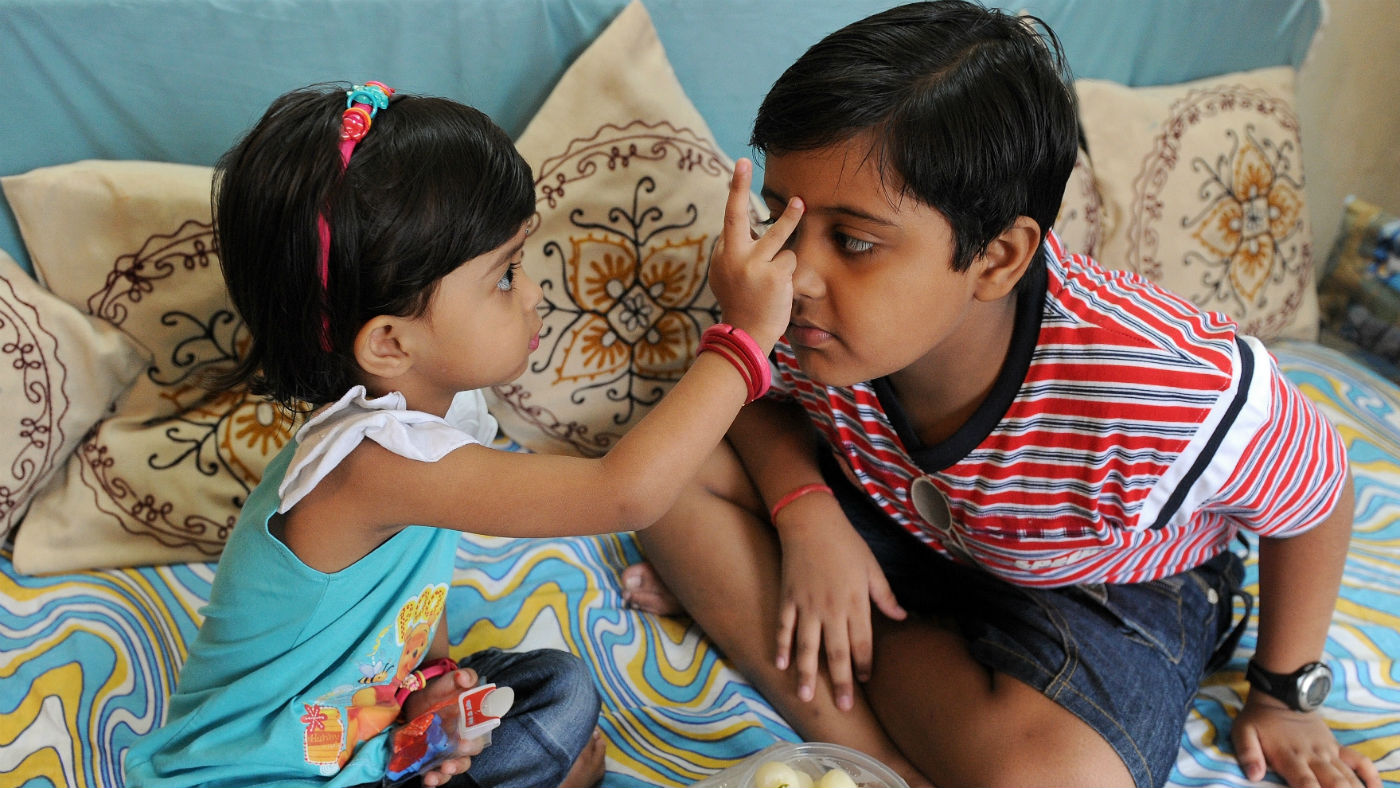
A free daily email with the biggest news stories of the day – and the best features from TheWeek.com
You are now subscribed
Your newsletter sign-up was successful
Happy Raksha Bandhan! The Hindu festival celebrating the bond between brothers and sisters is here, and that can only mean one thing: presents, sweets and a chance to put sibling rivalry aside for a day of family love and loyalty.
Former India cricket captain Virender Sehwag was among the Indian celebrities who shared a picture of his celebrations with his sisters, calling them "a little bit of childhood that can never be lost".
Meaning "tie of protection" in Sanskrit, the festival is a chance for brothers and sisters to demonstrate their loyalty and affection for one another.
The Week
Escape your echo chamber. Get the facts behind the news, plus analysis from multiple perspectives.

Sign up for The Week's Free Newsletters
From our morning news briefing to a weekly Good News Newsletter, get the best of The Week delivered directly to your inbox.
From our morning news briefing to a weekly Good News Newsletter, get the best of The Week delivered directly to your inbox.
The centrepiece of the celebration is the rakhi - a protective bracelet which the sister ties around her brother's wrist. Searching locals shops and markets for the perfect rakhi, or making one at home, is a yearly ritual in Indian towns and villages.
Traditionally, a rakhi was simply a piece of colourful thread, but modern rakhis can be extremely ornate and include gold and jewels - some sisters even give their brothers a wristwatch as a rakhi.
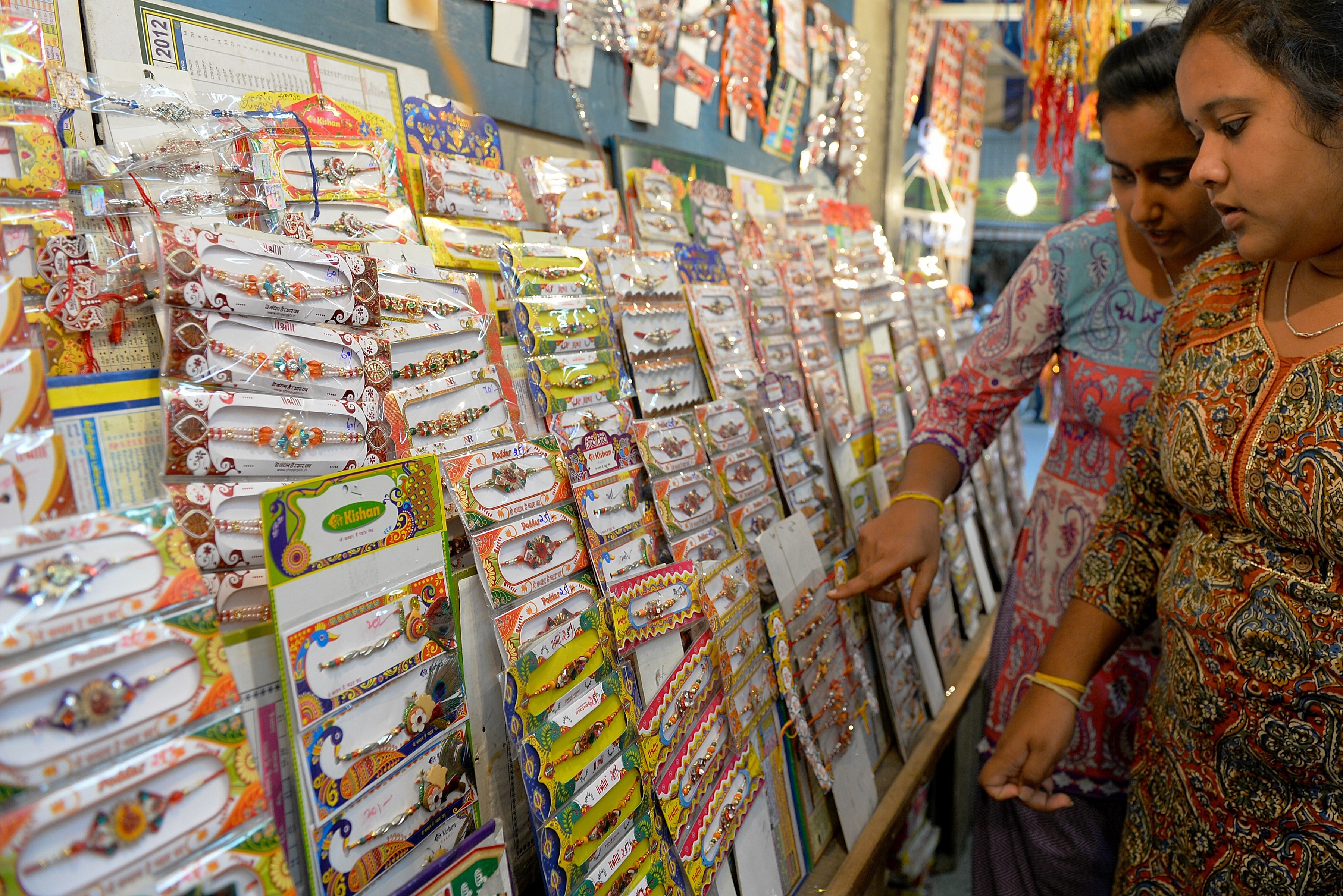
After praying for her brother's safety, the sister ties the thread around his wrist and marks his forehead with a tilaka, a colourful daub of paste similar to the bindi often worn by married Hindu women.
They will often symbolically feed one another a bite of a sweet or other delicacy - which, as one tweeter pointed out, means that Raksha Bandhan is not only day of celebration for siblings:
A free daily email with the biggest news stories of the day – and the best features from TheWeek.com
In return, the brother vows to protect his sister, and gives her a gift, such as clothing, jewellery or sweets. However, the atmosphere of love and devotion doesn't mean there's no room for normal sibling squabbles:
Although Raksha Bandhan is traditionally a Hindu ceremony, accompanied by prayers, incense and devotional candles, in modern India it has become a more secular celebration, and is increasingly marked by people of other faiths.
Devendra Fadnavis, the Chief Minister of the state of Maharashtra, shared a photo of himself receiving rakhis from Muslim women at a ceremony at his official residence in Mumbai.
While the festival has its roots in the brother-sister relationship, Raksha Bandhan is also commonly used as an opportunity to celebrate platonic love and friendship between men and women.
The Chief Minister of the state of Rajasthan, Vasundhara Raje, posted a photo to her Twitter account showing her placing the protective bracelets on members of the security forces.
In New Delhi, Prime Minister Narendra Modi was visited by a stream of schoolgirls adding rakhis to his rapidly-overloaded wrist:
Women in the rural state of Jharkhand took the protective spirit of the festival even further, Asian News International reports, tying rakhi bands to trees near their village at risk of falling victim to mass-scale logging.
-
 Why are election experts taking Trump’s midterm threats seriously?
Why are election experts taking Trump’s midterm threats seriously?IN THE SPOTLIGHT As the president muses about polling place deployments and a centralized electoral system aimed at one-party control, lawmakers are taking this administration at its word
-
 ‘Restaurateurs have become millionaires’
‘Restaurateurs have become millionaires’Instant Opinion Opinion, comment and editorials of the day
-
 Earth is rapidly approaching a ‘hothouse’ trajectory of warming
Earth is rapidly approaching a ‘hothouse’ trajectory of warmingThe explainer It may become impossible to fix
-
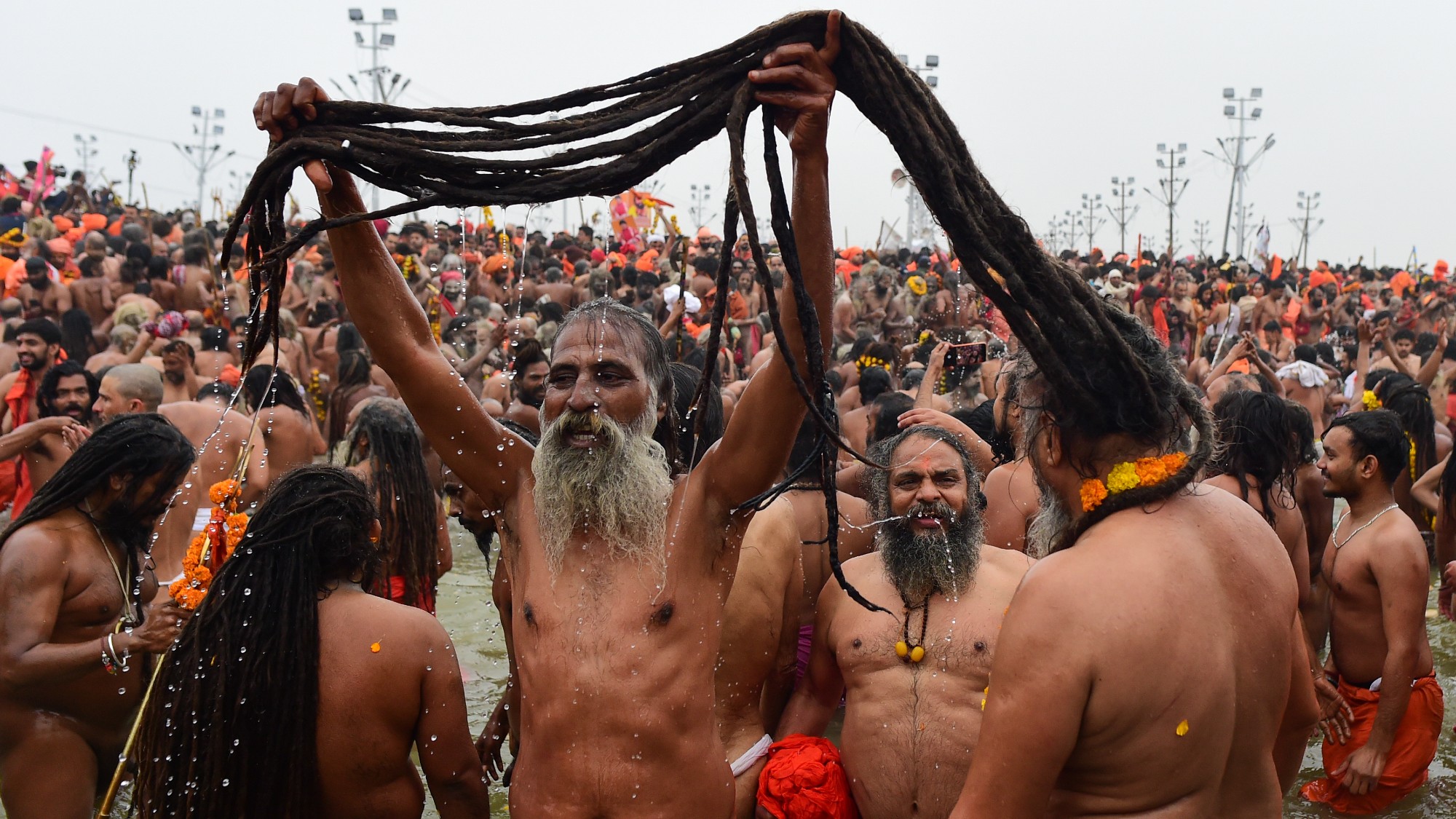 Maha Kumbh Mela: world's largest religious festival gets under way in India
Maha Kumbh Mela: world's largest religious festival gets under way in IndiaIn The Spotlight Politics of Hindu nationalism has cast a shadow over event touted as biggest ever gathering of humanity
-
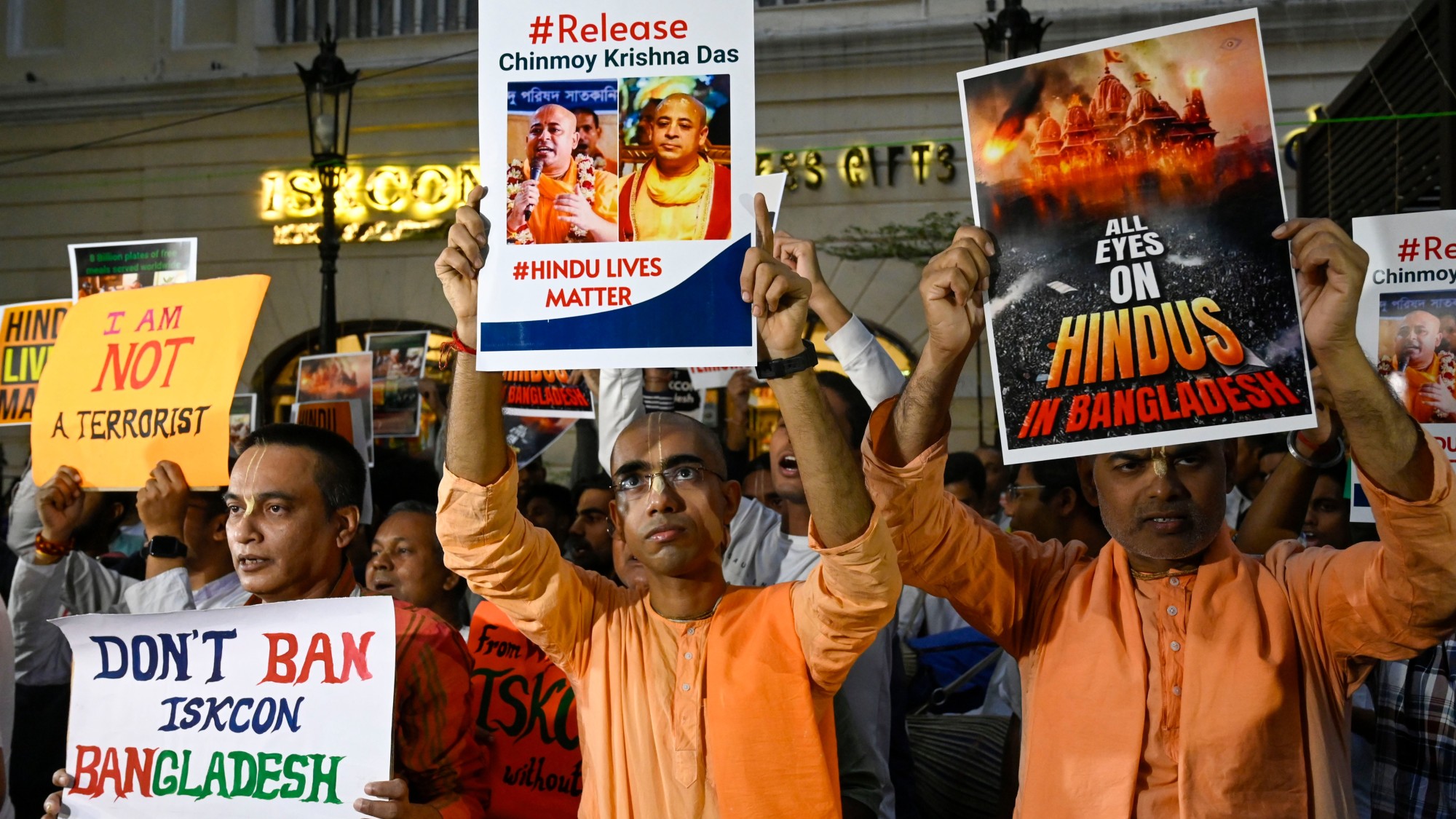 Why India is concerned at Bangladesh's 'Hinduphobia'
Why India is concerned at Bangladesh's 'Hinduphobia'The Explainer Arrest of monk Chinmoy Krishna Das stokes safety concerns for Hindu minority in Bangladesh
-
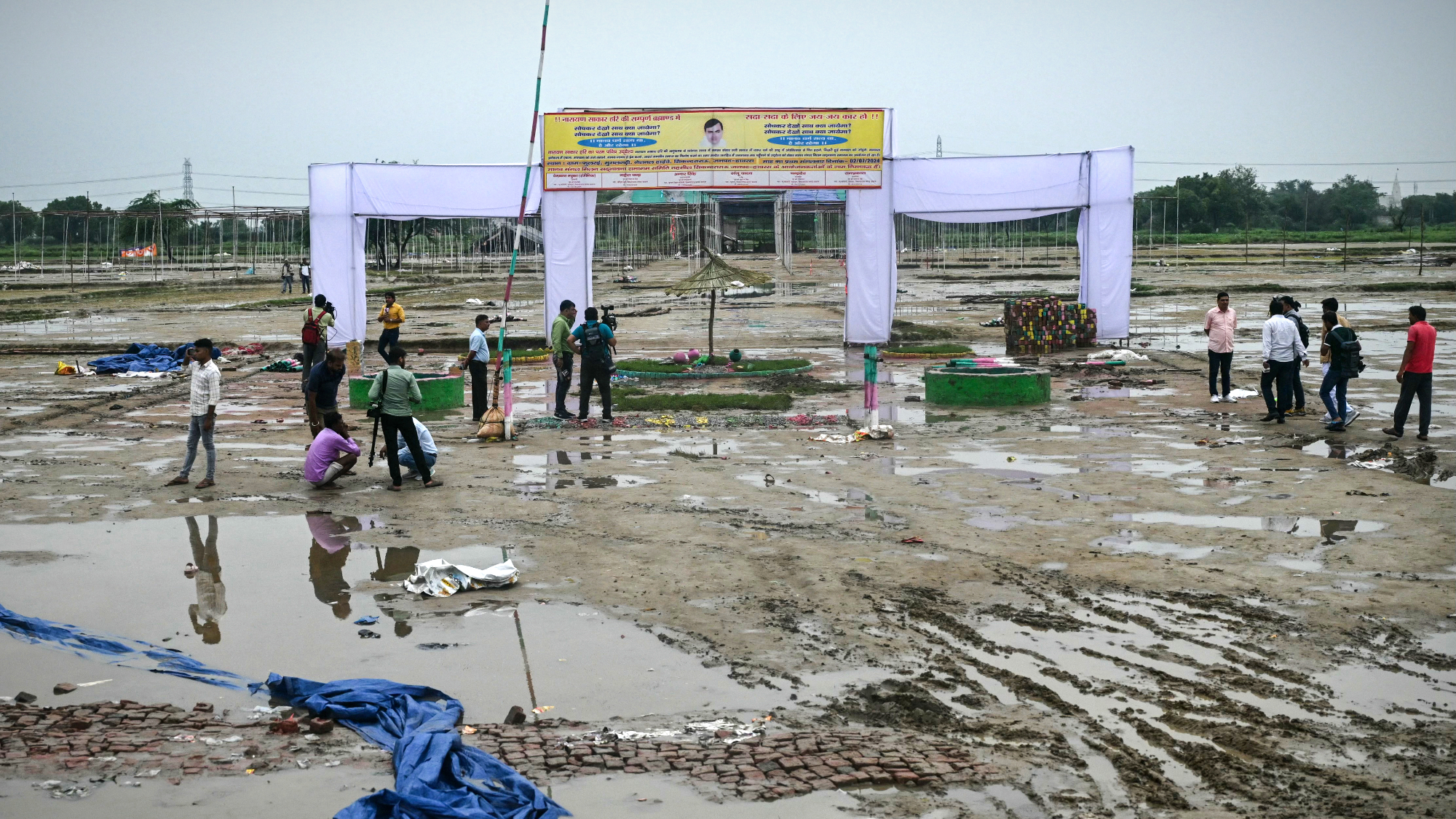 Stampede kills at least 121 at India religious event
Stampede kills at least 121 at India religious eventSpeed Read The cause seemed to be a "combination of sweltering heat and religious fervor"
-
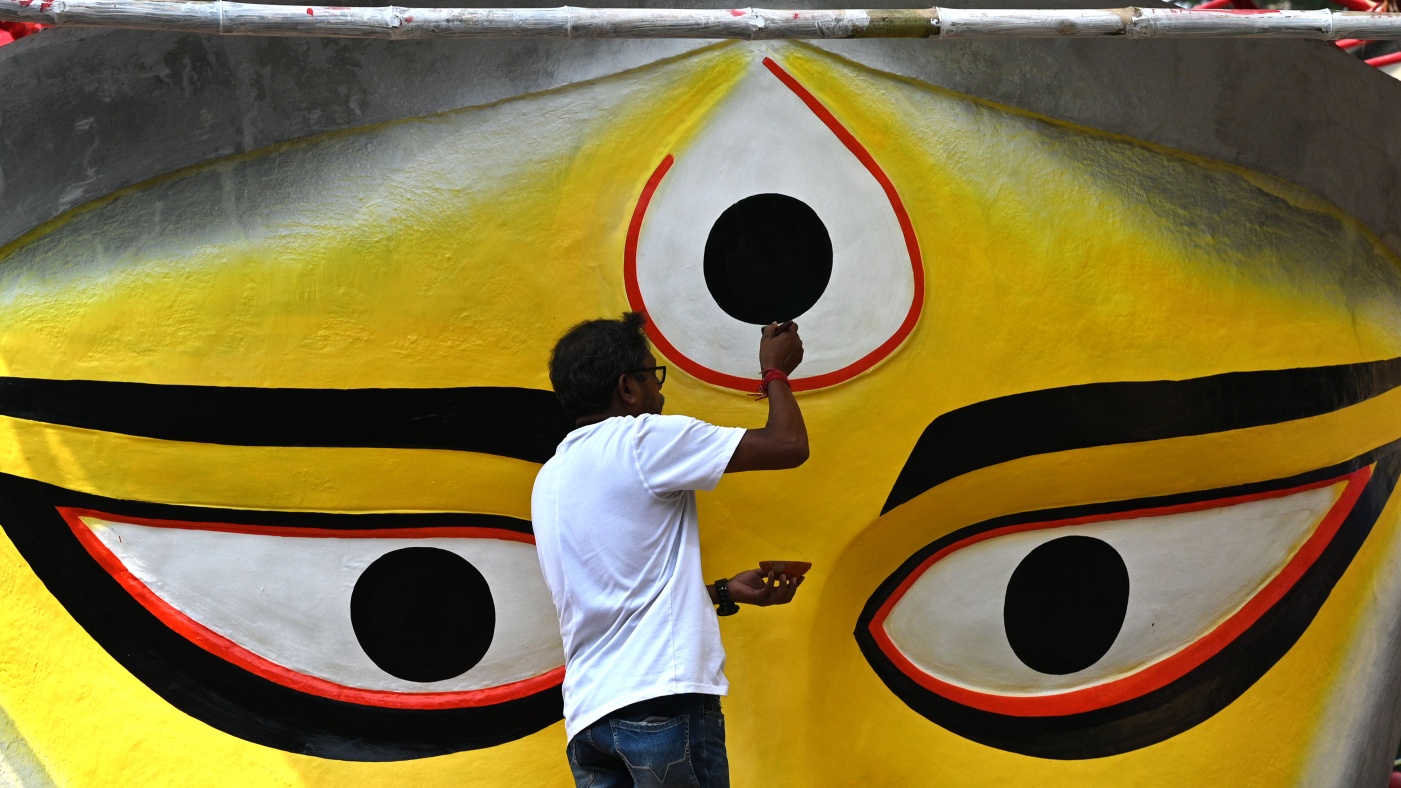 Durga Puja: majestic pandals centre of celebrations in India
Durga Puja: majestic pandals centre of celebrations in IndiaIn Pictures Hindu festival dates back to the 1500s and symbolises 'the nation's struggle for freedom'
-
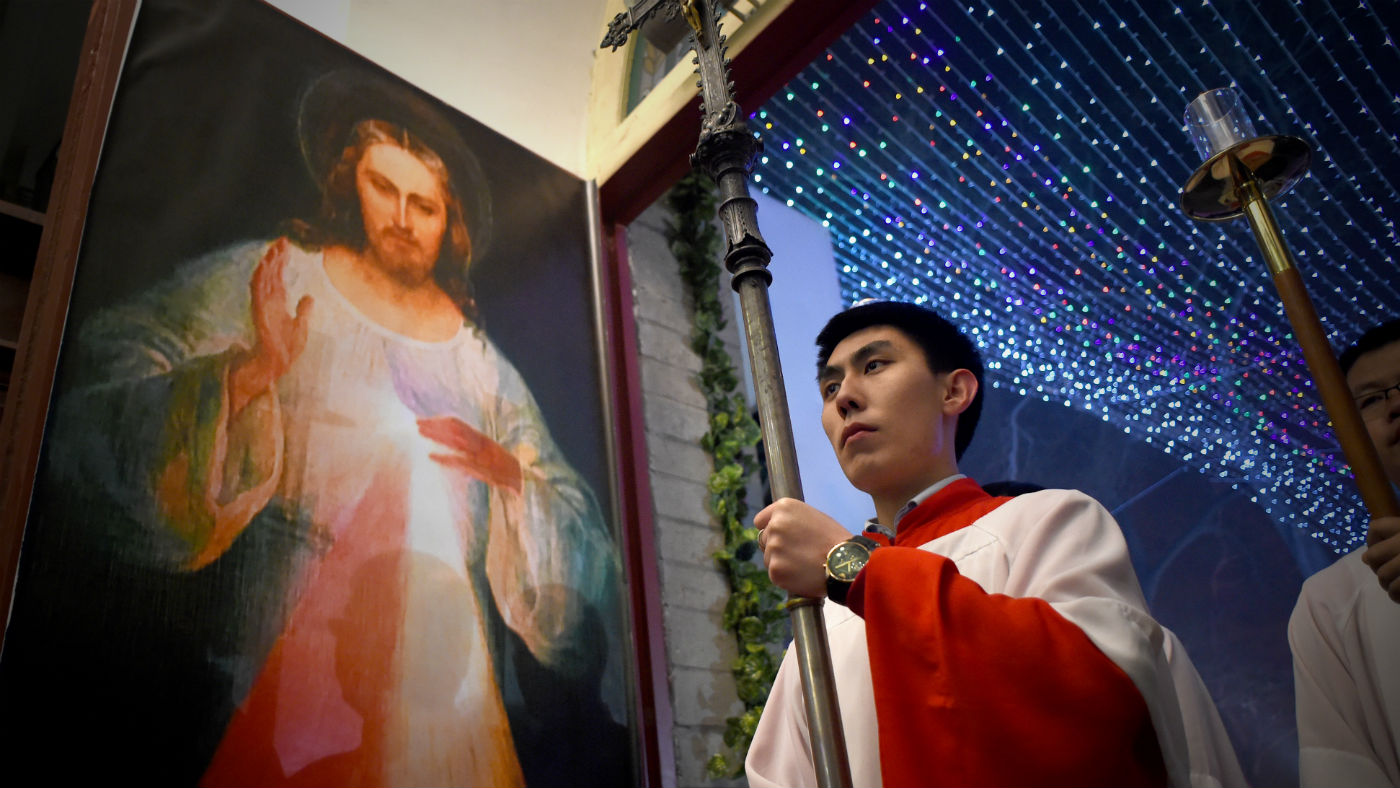 Asia the ‘new hotbed of Christian persecution’
Asia the ‘new hotbed of Christian persecution’Speed Read Report finds threat levels rising in China and India amid government crackdown and rise of religious nationalism